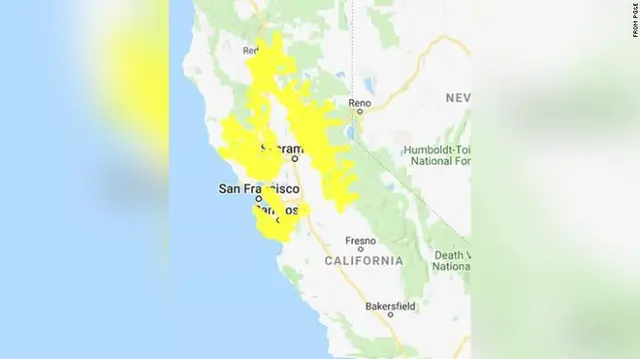While militants of the Islamic State (IS) are making fresh gains in northern Iraq, Baghdad was plunged into political infighting after Prime Minister Nuri al-Maliki announced his decision late Sunday to sue President Fuad Masum for alleged constitutional violation.
In a nationally televised speech on Sunday night, Maliki accused Masum of missing the deadline to ask the country's biggest political bloc to nominate a prime minister and form a government as stipulated in Iraq's constitution.
Calling it "a coup on the country's constitution and political process," Maliki said he would later submit an official complaint to the federal court.
Embattled Maliki
Maliki's complaint came at a time when his bid for a third-term as prime minister gained little support from either inside his country or other nations that used to be his allies, such as the United States and Iran.
Regional experts and analysts have been accusing Maliki's Shiite -dominant government of being unfair and not inclusive of the Sunni minority, stoking sectarian tensions in the deeply divided nation.
In face of the sweeping gains of the Islamic State militants, calls for a more inclusive government that could mobilize the nation to confront the threat from the IS are growing ever louder.
Shortly after Maliki's announcement, the United States voiced its support for President Masum in his role as "guarantor of the Iraqi Constitution."
"We reaffirm our support for a process to select a Prime Minister who can represent the aspirations of the Iraqi people by building a national consensus and governing in an inclusive manner," said a statement from the U.S. State Department.
"We reject any effort to achieve outcomes through coercion or manipulation of the constitutional or judicial process," it added.
Humanitarian crisis
As the IS are gaining significant ground in northern part of Iraq, hundreds of civilians in those conflict areas are reportedly subjected to serious atrocities and forced to flee.
"The U.N. continues to receive reports that members of minority communities are being subjected to serious human rights violations by ISIL (the Islamic State in Iraq and the Levant, former name of the Islamic State) including murder, kidnappings, forces conversions, physical and sexual assault, and the looting and destruction of property and places of religious and cultural significance," said Deputy Special Representative of the U.N. Secretary-General for Iraq Gyorgy Busztin.
Many of those displaced or directly affected by the violence belong to Iraq's minority religious and ethnic communities -- including Yazidi, Christians, Shabak, Turkomen and others.
A Yazidi journalist named Luqman al-Sinjari who lives in Arbil, capital of Iraq's Kurdish region, told Xinhua that hundreds of Yazidi minority members had been killed simply because they refused to convert to Islam.
U.S. policy questioned
U.S. fighter jets and drones have launched air raids on targets of IS in northern Iraq for five consecutive days since Obama authorized the move on Thursday to protect Americans as well as to conduct humanitarian missions.
Obama pledged that the United States "will continue to provide military assistance and advice to the Iraqi government and Kurdish forces as they battle these terrorists, so that the terrorists cannot establish a permanent safe haven."
But Former U.S. Secretary of State Hillary Clinton, in an interview published on Sunday, blamed Obama's failed foreign policy for the rise of Islamic militants in both Syria and Iraq.
Talking to the Atlantic monthly, Clinton used harsh words to describe the failure that resulted from Obama's decision to stay on the sidelines during the first phase of the Syrian conflict in which the opposition has been trying to topple President Bashar al-Assad.
"The failure to help build up a credible fighting force of the people who were the originators of the protests against Assad -- there were Islamists, there were secularists, there was everything in the middle -- the failure to do that left a big vacuum, which the jihadists have now filled," she said.
Echoing some Republicans, Clinton said Obama lacked a strategy for confronting the threats posed by Islamic militants.
"Great nations need organizing principles, and 'Don't do stupid stuff' is not an organizing principle," she said, referring to a slogan coined by the president recently to describe his foreign policy doctrine.
 简体中文
简体中文

